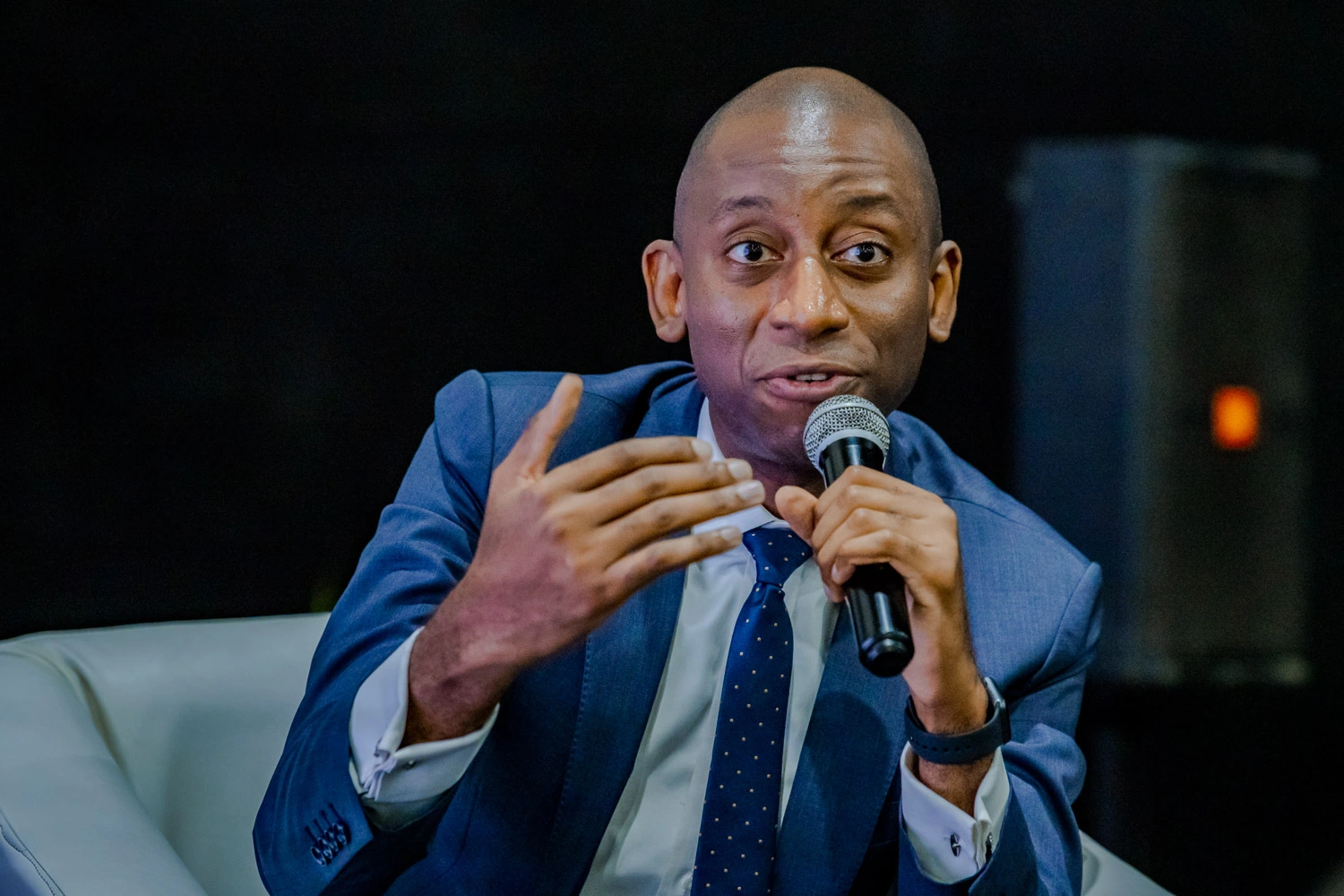Few countries dominate the African tech ecosystem — South Africa, Egypt, Nigeria and Kenya. But there are 47 other African countries with similar opportunities and challenges just waiting for the right mixture of entrepreneurs, policy and investors.
Uganda is one of them. Through Malinzi Kisadha, we get a good understanding of the state of tech in the East African country. Kisadha is no stranger to the African tech ecosystem. He is the co-founder of Digest Africa, the Uganda based tech media company-turned-data intelligence company. He is currently the Uganda country manager of Eywa Miles, a mobility company.
Uganda is just like every other African country, he explained on TechCabal Live, TechCabal’s live interview series with industry leaders and financiers about building in Africa.
“The difference [between Uganda and others] is not really horizontal in a sense,” Malinzi explains, “it’s more like vertical. I’ll look at it from the level of maturity, that’s for me the key differentiator.”
When entrepreneurs build their solutions for different African countries, Malinzi believes, they’re not really solving problems that are peculiar to those countries. “We have a uniform set of problems,” he told TechCabal, “it’s just the magnitude that’s different.”
Malinzi explains that “when you look at South African, they’re still building payments solutions for small businesses, but usually Yoco is building something different at a different stage than a similar company in Kampala.”
This understanding is not just limited to product development, it also, unfortunately, impacts funding activity in the East African country.
“If someone is raising money in Lagos, usually they’re looking at a check of $20 million,” Malinzi said, “but here [in Uganda], people are looking at $1 million or less.”
“And its because if I’m in Lagos, perhaps my market is a little bit bigger, [and] because there are other entrepreneurs before me that have shown a track record of doing this,” he added.
This is an interesting take and an excellent sequel into the Ugandan market.
With a GDP of $34.4 billion and a population of 35.6 million, Uganda is one of the most attractive economies in East Africa. Once a pariah state under the dictator Idi Amin, the country has attained relative stability over the last decade, gradually building up its economy and human rights record.
Although the country’s democracy is still not perfect, it has gradually become an important market for companies to roll out interesting innovations. SafeBoda and Uber each launched their motorcycle mobility solutions in Uganda before expanding to other African markets. And Lori Systems kicked off cargo logistics services in the country before expanding Nigeria, Africa’s biggest market.
Malinzi explains there are three growing trends that are transforming the country’s market.
Logistics is growing in Uganda but is still not perfect. “I think the most interesting in this market is around logistics,” Malinzi shares. “[Logistics] is ignored perhaps because it serves a secondary role to sectors like e-commerce.”
Yet, he explains, logistics is something businesses care about and try to build around as in-house solutions while others outsource their logistics need.
“If you are able to build a system at a fraction of the delivery cost that others are doing, and deliver that product in the fraction of the time that others are doing, and also to the place where you are supposed to deliver it.”
It’s a trend that’s ongoing and companies are looking to compete for leadership, he shared.
The logistics trend is also propelling the growth of social commerce in Uganda as many small businesses are looking to get online for the first time, Malinzi noted.
“Small businesses are those that are employing less than 10 people or just an individual who is trying to sell products to others, they’ve found this [social commerce] interesting and are looking for tools,” he said.
Typically sellers use Instagram, WhatsApp and other social media platforms to reach customers and complete sales. Logistics fees are negotiated separately.
“The experience is horrible because you don’t know who is the best seller,” Malinzi shares, explaining that a number of companies now have now realised the opportunity here and want to consolidate the entire supply chain from reviews, payments and logistics.
“I think it’s an interesting space that people are not covering properly,” Malinzi concluded.
As entrepreneurs and investors look for new African markets to expand or roll out fresh solutions, Uganda might be a good place to consider.




















